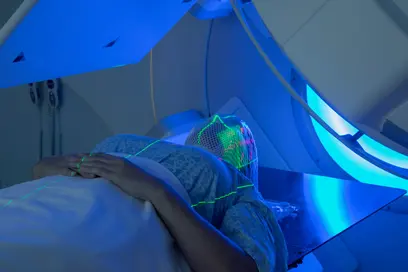The Cancer Research Institute, a US nonprofit organization, is dedicated to harnessing our immune system's power to control and potentially cure all types of cancer. Cancer Research Institute funds the most innovative clinical and laboratory research around the world, supports the next generation of the field's leaders, and serves as the trusted source of information on immunotherapy for cancer patients and their caregivers.
This year's funding activity of CRI includes six Lloyd J. Old STAR Awards. Each award provides a grant of $1.25 million over 5 years to future “stars“ in the field of cancer immunology to support exploration of unconventional, high-risk/high-reward research directions that have significant potential to advance cancer immunotherapeutics.
CD8+ T cells play essential roles in fighting against cancer. However, CD8+ T cells frequently become functionally impaired or “exhausted“ in the tumor microenvironment. Exhausted CD8+ T cells are characterized by increased expression of inhibitory receptors and decreased secretion of effector cytokines. Exhausted CD8+ T cells also have metabolic defects.
T cell exhaustion is a major hurdle that currently limits the efficacy of immunotherapeutic regimens. Despite extensive research efforts, the mechanisms regulating exhausted T cell differentiation and dysfunction remain incompletely understood.
Guoliang Cui's research program focuses on the elucidation of the molecular mechanisms through which anti-tumor T cells become exhausted. His laboratory plans to use genetically engineered mouse models, immunostimulatory metabolites, and molecular biology techniques to understand the mechanisms regulating CD8+ T cell exhaustion in the tumor microenvironment.



